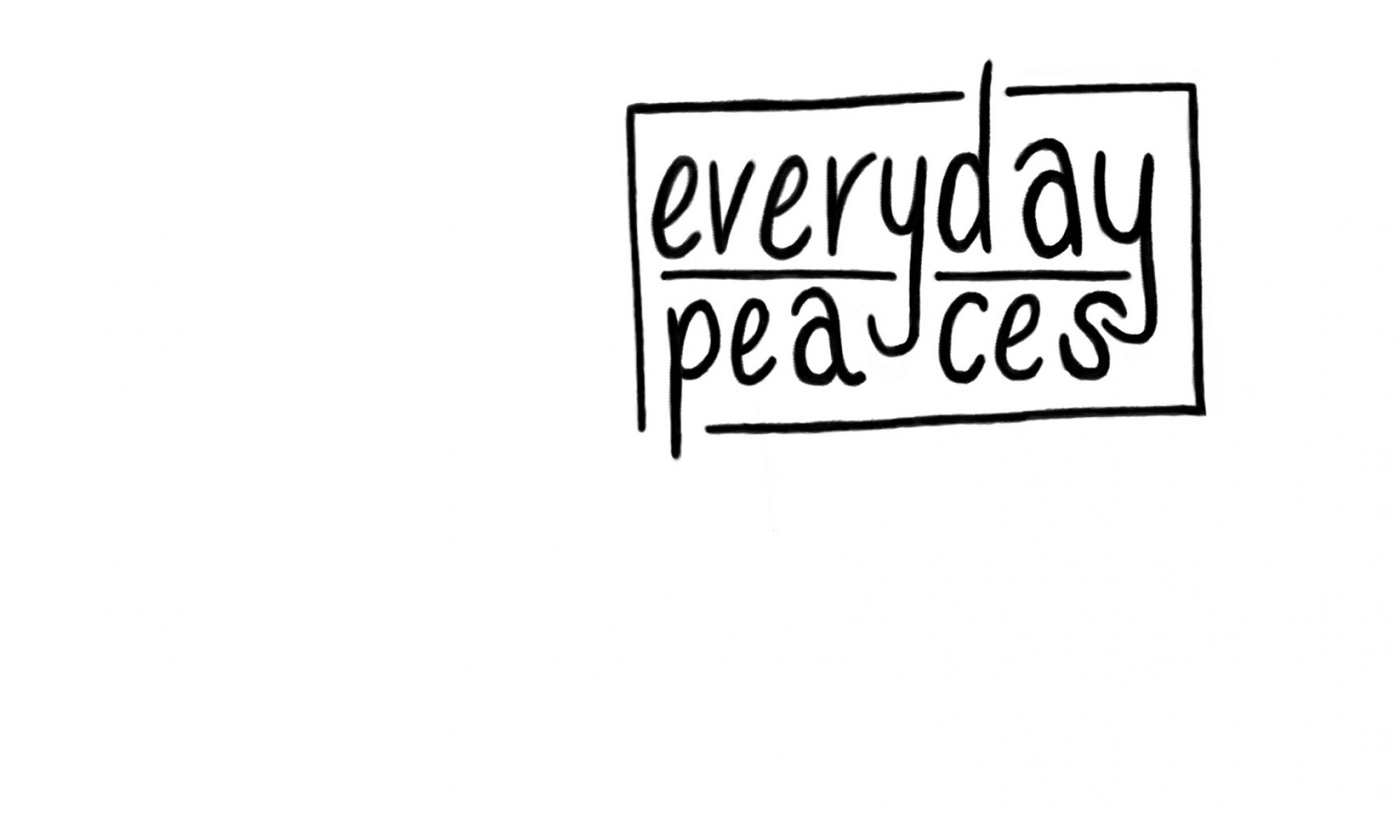„The more I think about the human species the more I am grateful for its existence. Despite wars between humans on the basis of their diverse cultures, religions, politics or general beliefs, people are still social beings. As I was in primary school, a teacher asked me and my classmates what primary item we would bring if stranded on a deserted island. The answers to that question ranged from bringing practical items useful for one’s survival in the wild such as food and water to items to pass the time. I, in particular, thought of bringing all my favourite animals.
Since then, my desire for social contact also values the human species and not merely animals. Whilst wars are fought by human and the climate change and general pollution is made possible by and through humankind, people are also able to enhance lives and reduce suffering of others. The more I think about what is important in life the more I value the simple things in life such as laughing, talking and dancing with friends and family. There are things that are easily shared with one’s own species and whilst other beings can contribute to a happy life, human beings have enriched my life to the uttermost.
In particular there is one story of mine that I cannot forget about but that emphasizes for me the kindness of humanity and friendship. Having been living for five months in Kenya during the past year, I have gotten in touch with both poor and rich people on the very countryside in Kenya. I witnessed the huge gap in living and working of those ‘classes’ of people that are to date still uphold by colonial structures interwoven into Kenyan systems and politics. I was lucky to work with an entirely Kenyan-born local initiative that operates for the marginalized people outside towns and supports many people in their understanding of their own rights and values besides more practical support in health and financial education and support. There I met Pauline. Pauline has become a dear friend of mine despite our differences in age, culture, and experiences. She introduced me to her dance group who welcomed me and awarded me the status of a ‘Massai’ – one of the old original tribes in Kenya. This was not only very surprising, particularly due to the sporadic contact I had with most of the dance group’s members but also a huge honour and rare occasion for any outsiders in Kenya. Pauline and the rest of the women group thereby welcomed and included me in their own community and treated me from that day on as one of their own. As my time in Kenya came to an end, by way of saying ‘goodbye’, Pauline told me that she planted a fruit tree on the day of my departure in my honour, so that whenever I come back I may see the fruits the tree bears. She planted this specific tree to value and never forget the friendship we share. This simple and kind gesture deeply touched me. It is coming from a true friend who despite all our differences accepted me as the person I am and welcomed me into her own world.
If I imagine today that I would be stranded on a deserted island with only animals around I know that this would not make me happy in the long run. I would miss out on so much kindness and exchange that is happening through social interactions with one’s own species. I learned that human kindness comes often through small gestures, sometimes almost invisible. And in some instances it may take the form of a good friend telling you that she planted a fruit tree in your honour and in the hope to reunite once again in the future.”
The story of a friend
